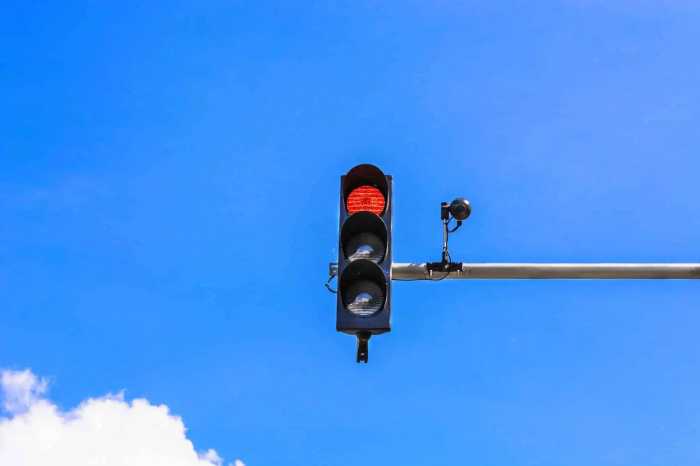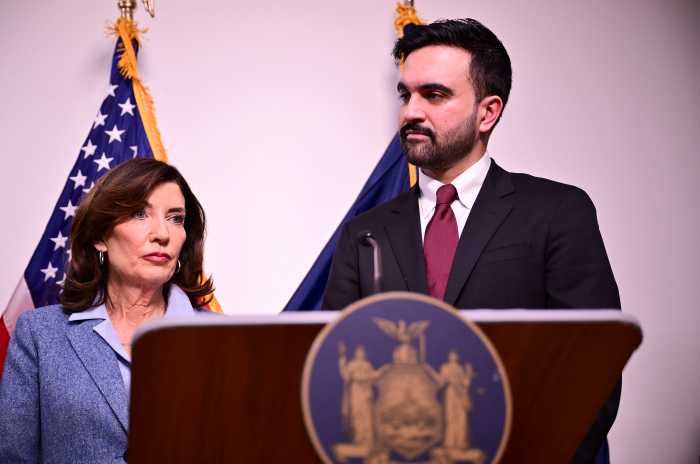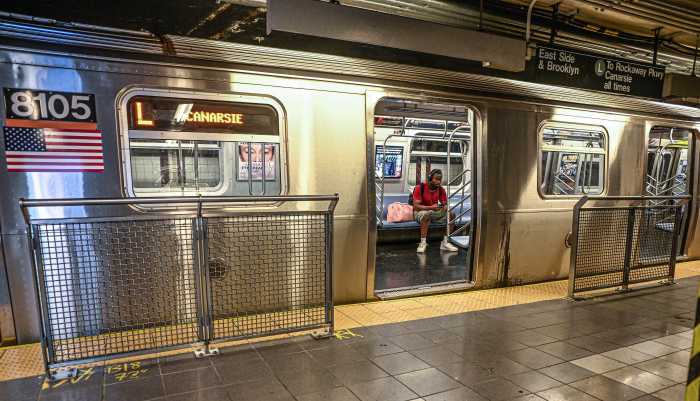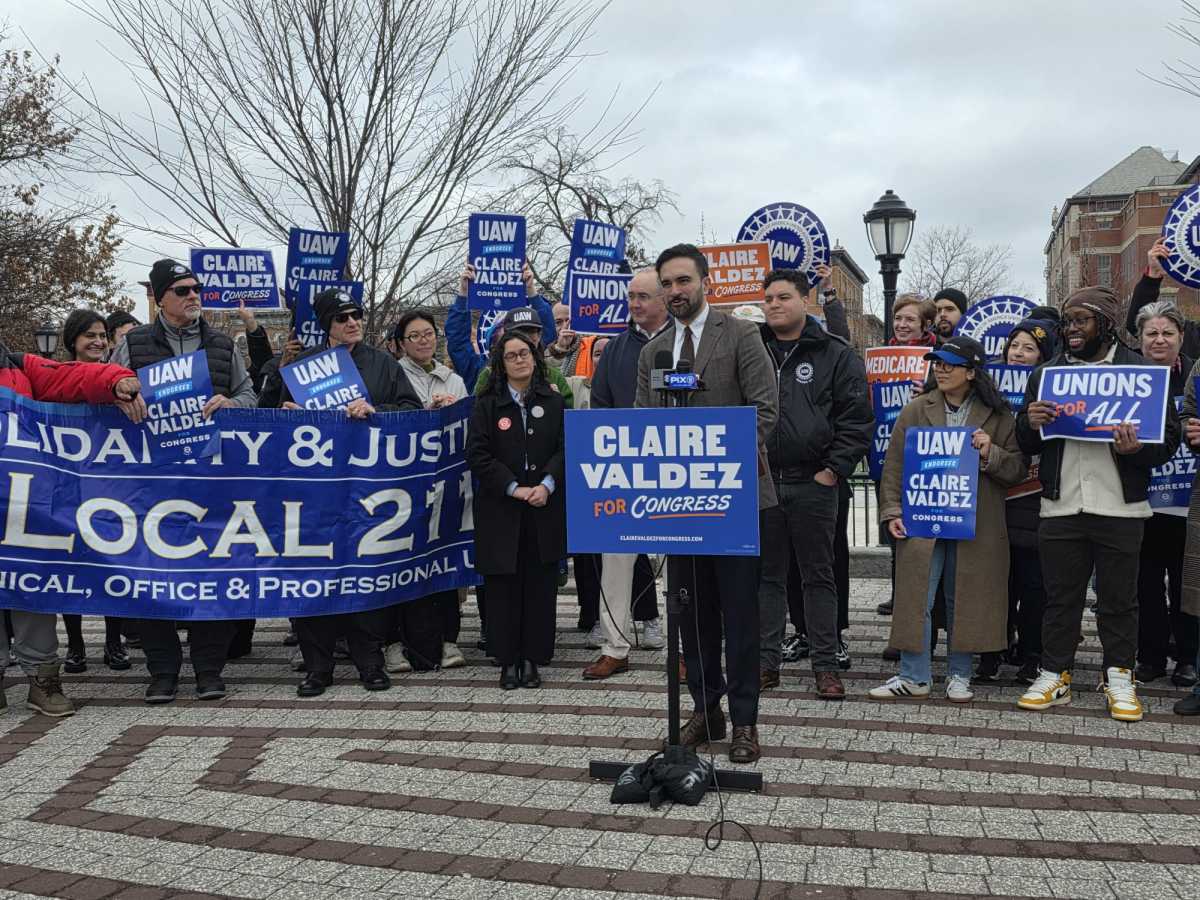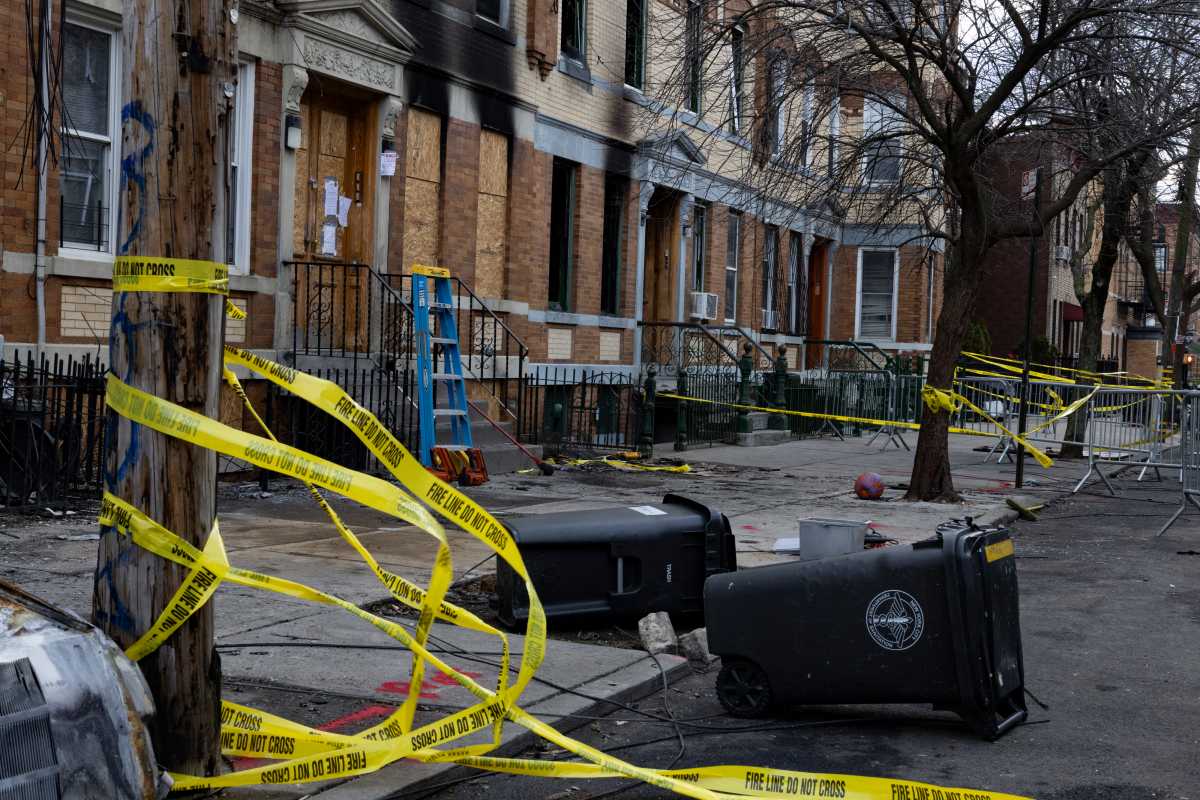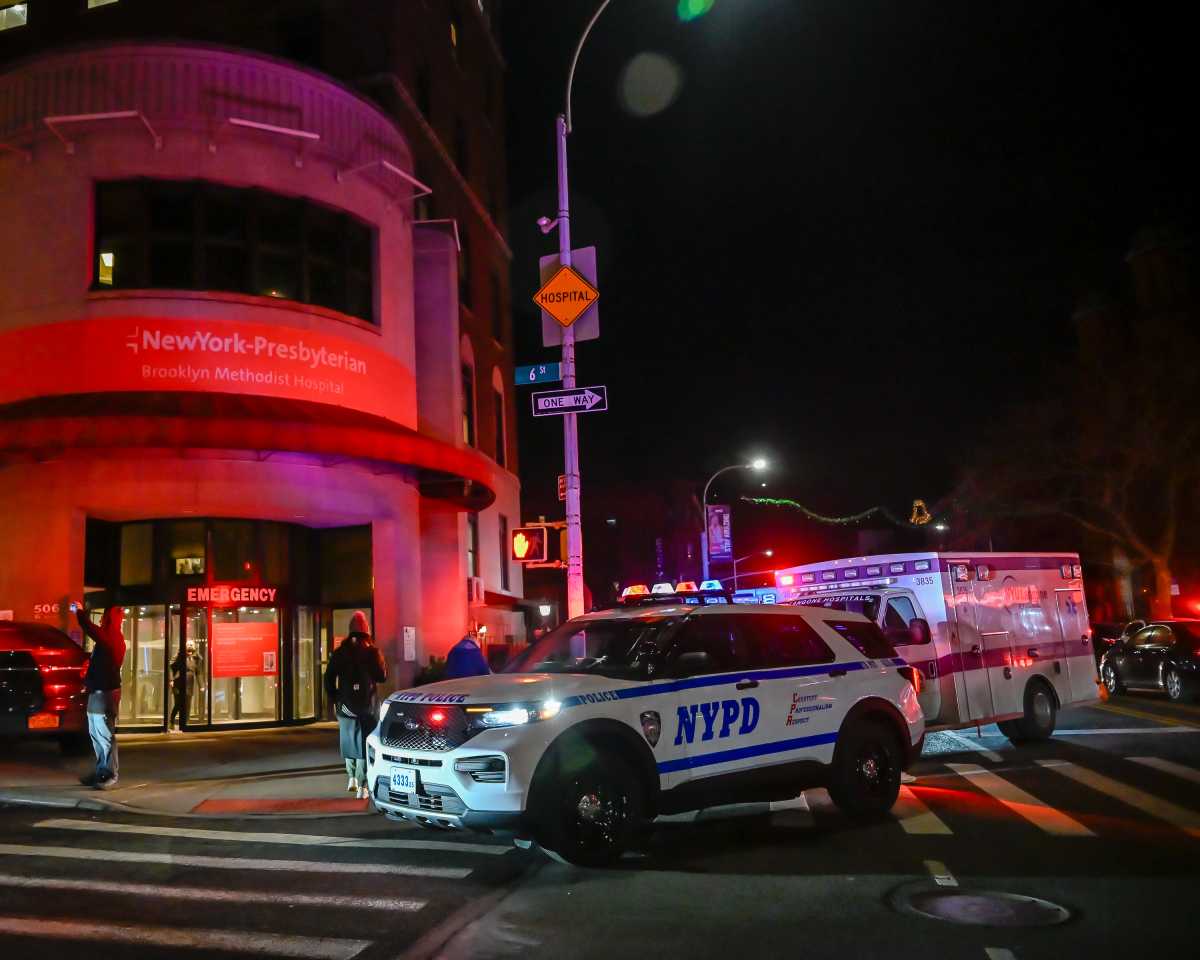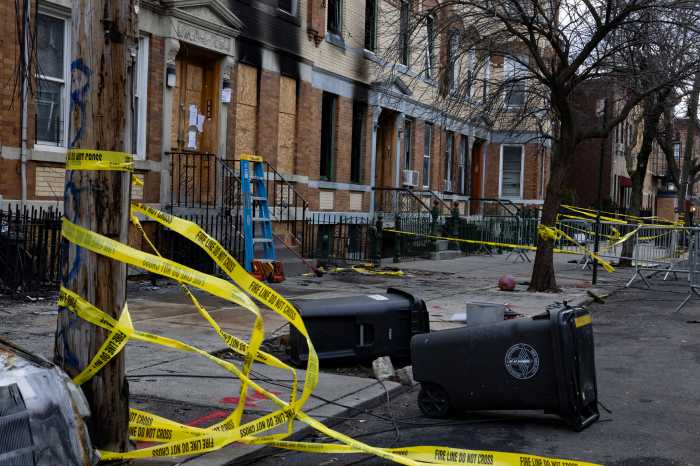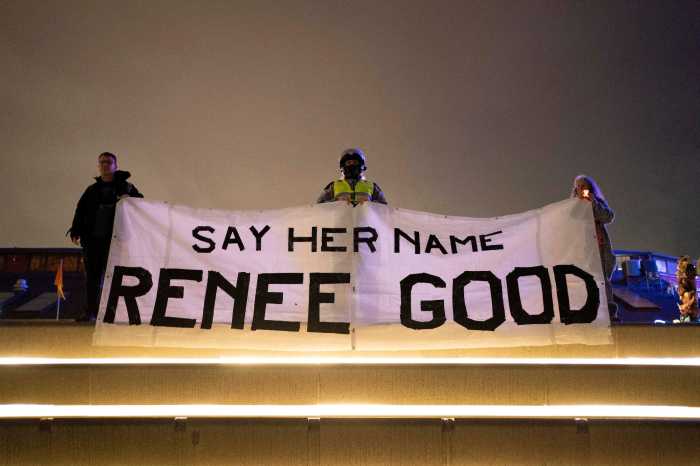Arrests for fare beaters this year is lagging behind 2014, according to an NYPD report on “Broken Windows” enforcement released Thursday.
The report said “theft of service” arrests from January to March fell 20% from the same period in 2014.
Arrests and desk appearance tickets for fare beating — turnstile jumping, selling swipes, using a stolen credit card to buy a ride or using the “bent corner” MetroCard trick, for example — reached 6,000 this year, compared with 7,420 last year, according to the most recent MTA data.
Most fare beaters in 2014 who got caught — 67,587, or 71% of the nearly 95,000 enforcement actions — got a civil notice to go to the Transit Adjudication Bureau.
There were 2,224 fewer arrests overall in the transit system this year than last year, dropping to 11,531 for the first three months of 2015.
Police Commissioner Bill Bratton, who had helmed the transit police department before becoming the top cop in the 1990s, on Thursday explained why police cracked down on fare beating then.
“Beyond lost revenue was the sense of disorder, the idea that if nobody else is paying the fare, why should I pay the fare? It was also attributable to the vandalism of turnstiles,” Bratton said.Back then, Bratton said a traditional arrest took up to three officers, so a bus was created to process riders for warrants — a system he said was “similar to what we are trying to do now.”
“We still had the power of arrest but we had the ability to expedite the process,” he said. “That is what broke the back of quality of life offenses in the subway system.”
Last year, 130 weapons arrests were made along with fare beating charges, according to the NYPD report.
An officer has discretion to make an arrest for crimes like fare beating or issue a ticket to appear at the Transit Adjudication Bureau. Arrests are typically made when the persondoesn’t have ID, has a warrant out for their arrest
Meanwhile, according to the report, “transit misdemeanor arrests have steadily increased as ridership has increased,” from 26,938 in 2009 (with 5 million average rides a weekday) to 31,908 in 2014 (with 5.6 million average rides).
“Fare evasion and theft of service is an age-old problem in subway systems around the world that is expensive for the MTA and for our riders, who end up paying more when fellow New Yorkers choose to break the law,” MTA spokesman Kevin Ortiz said in a statement.



